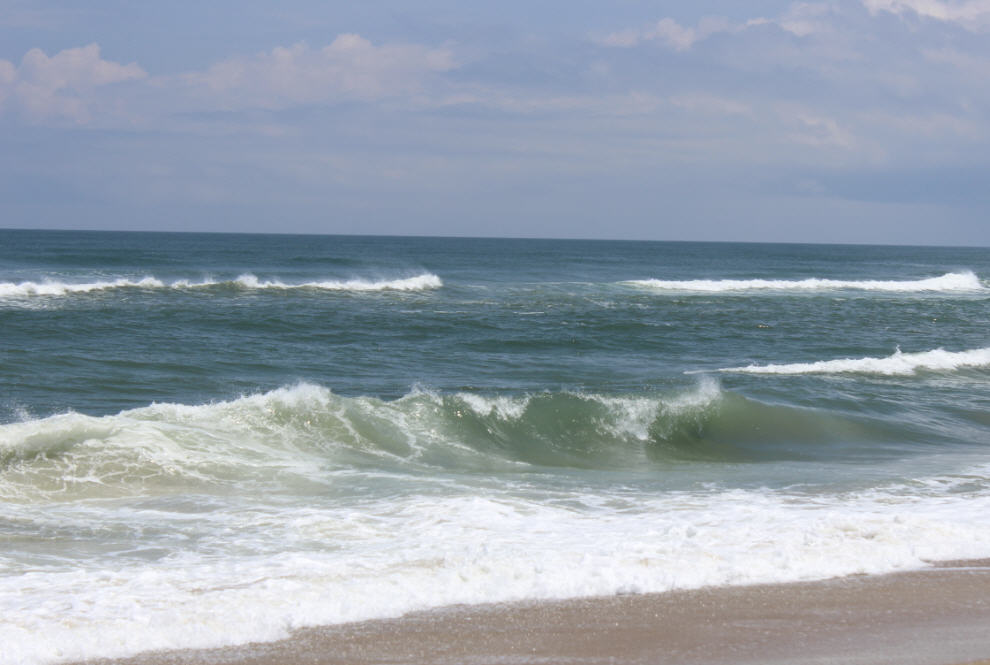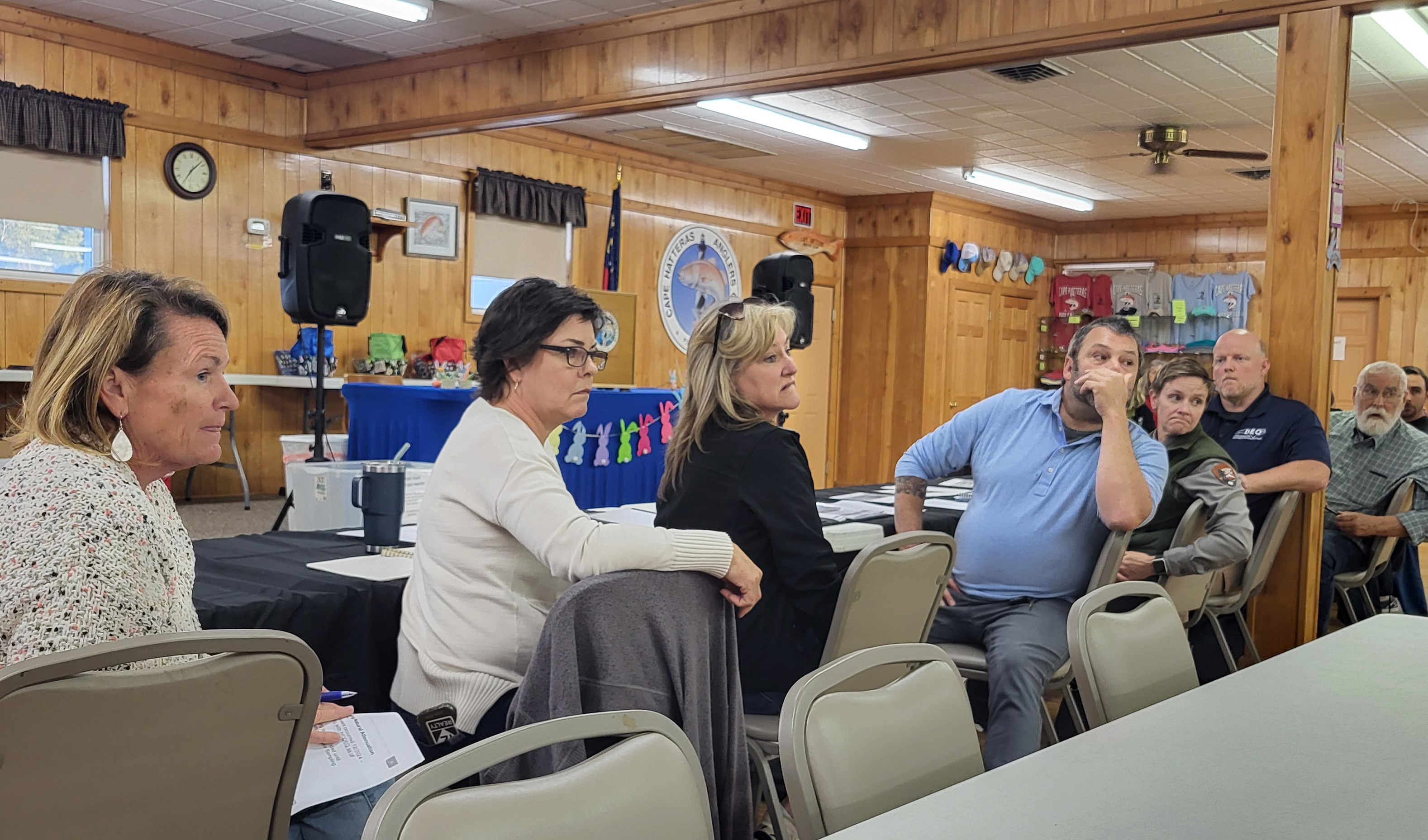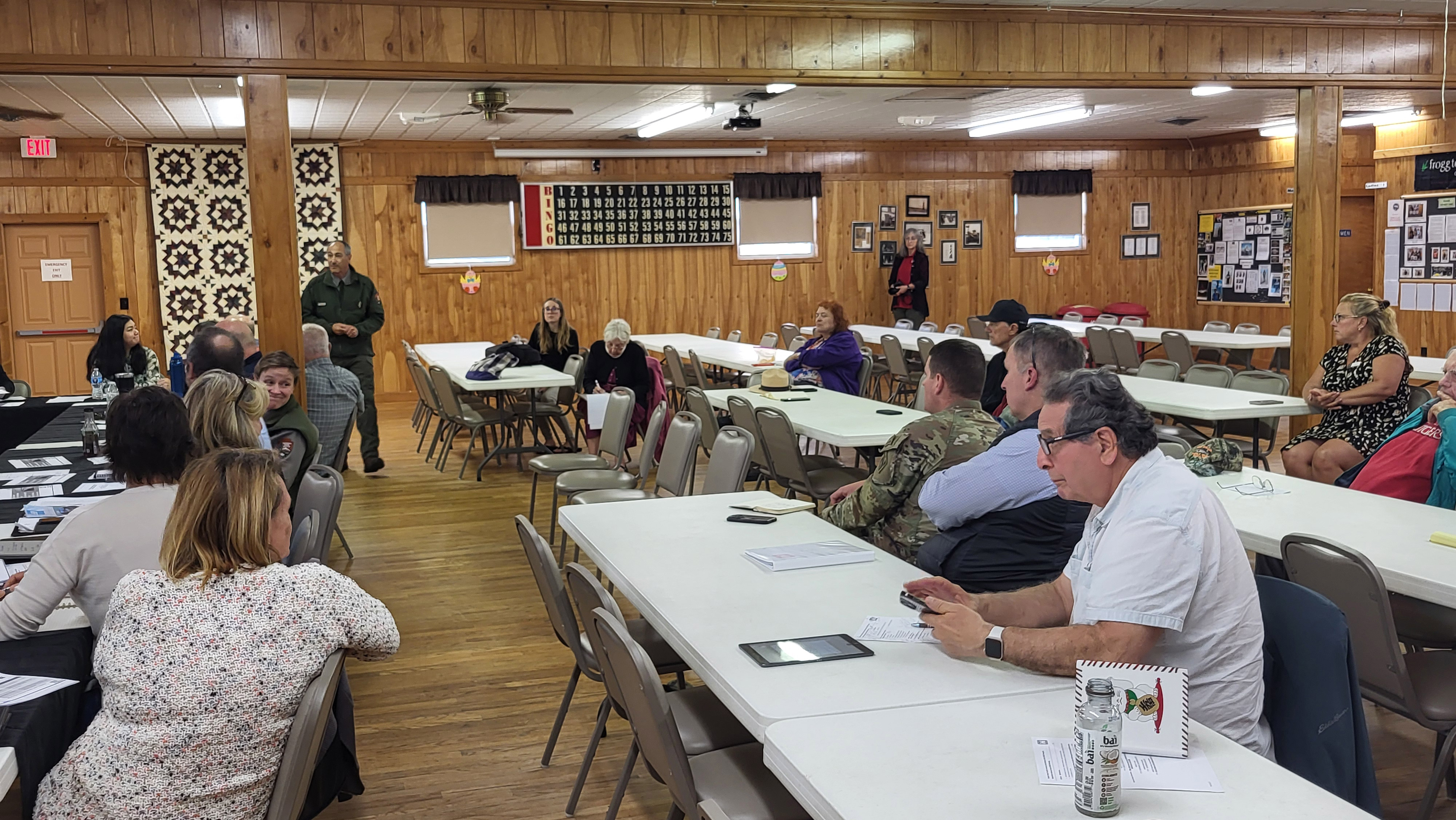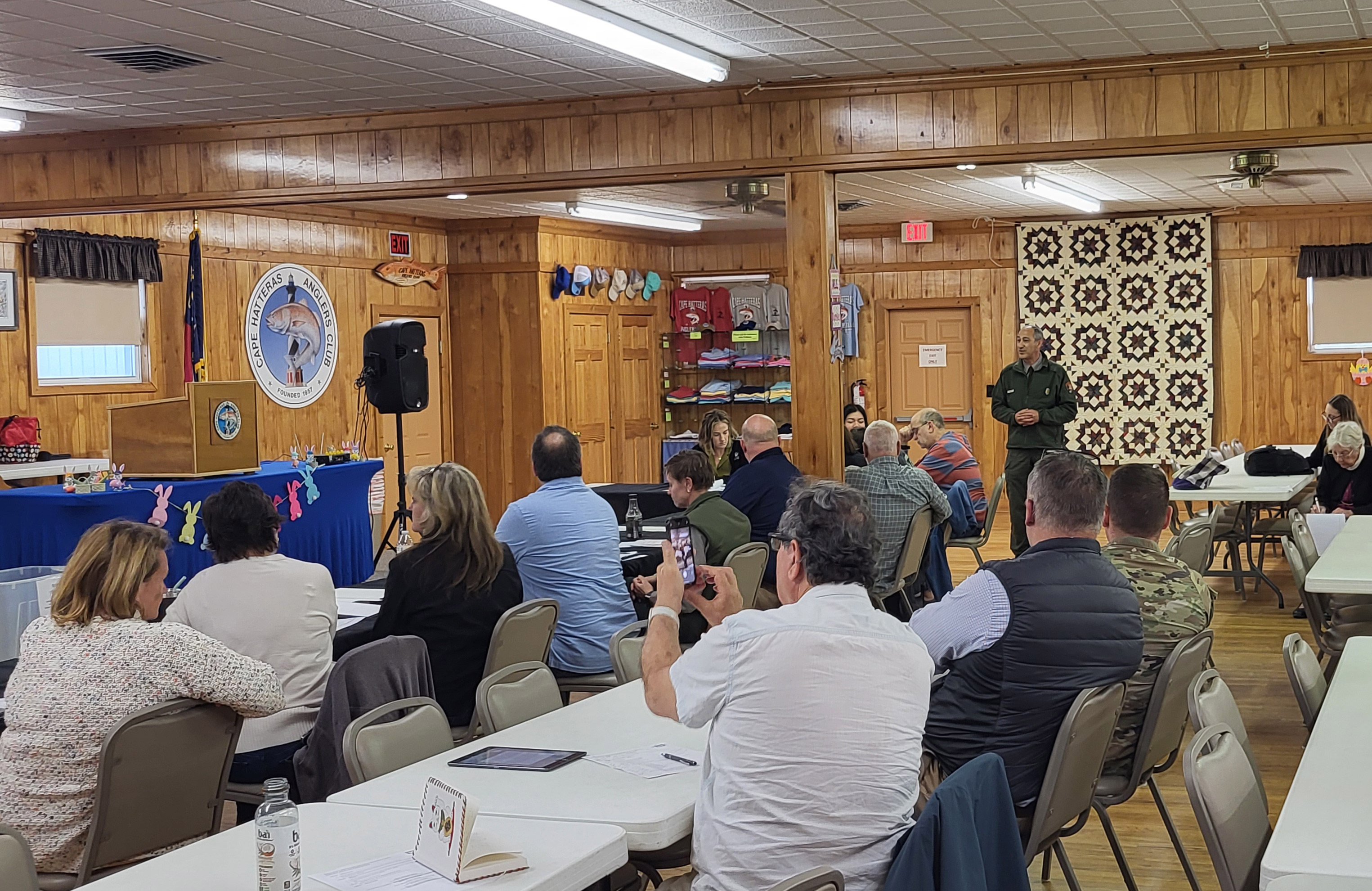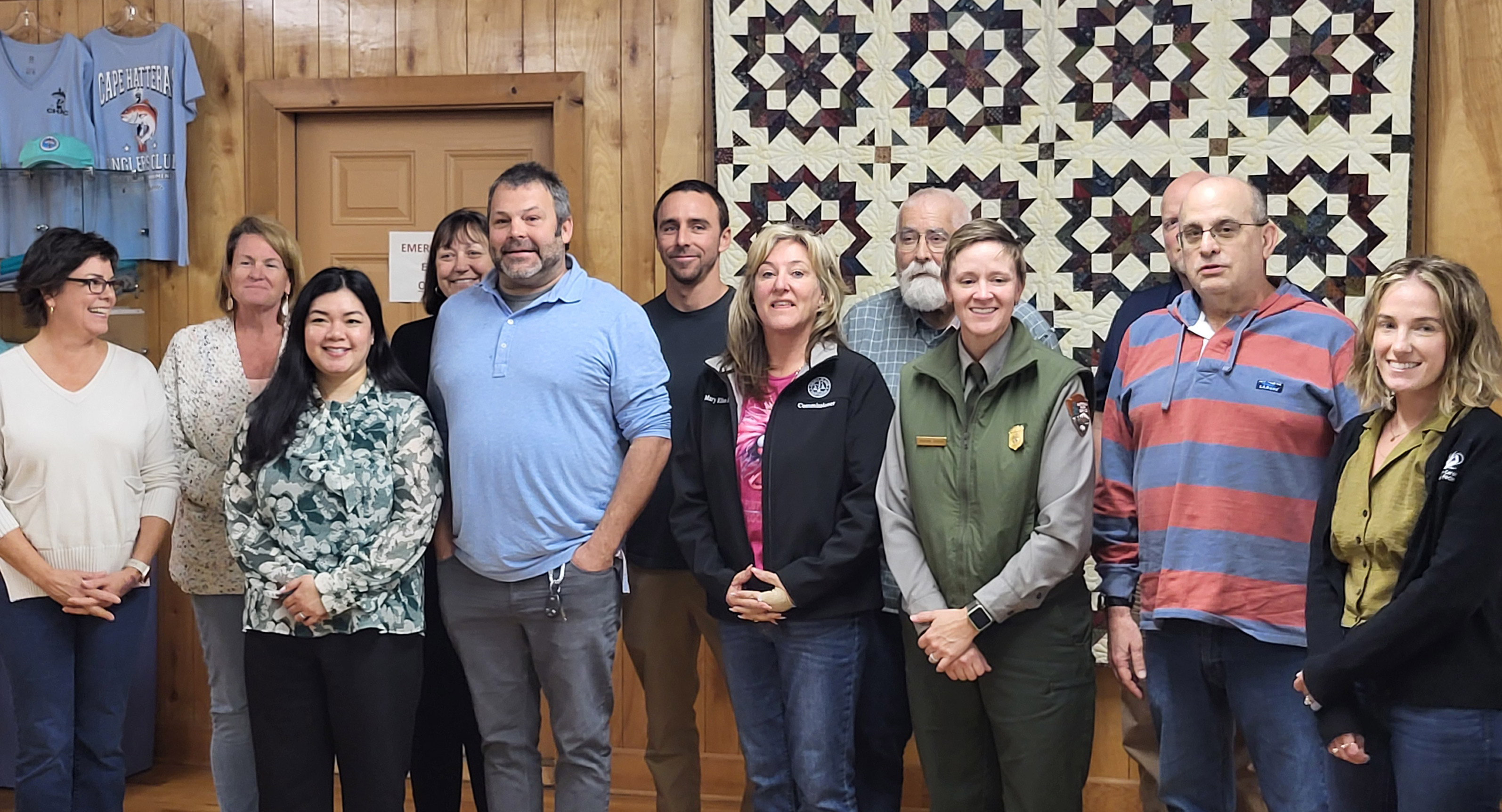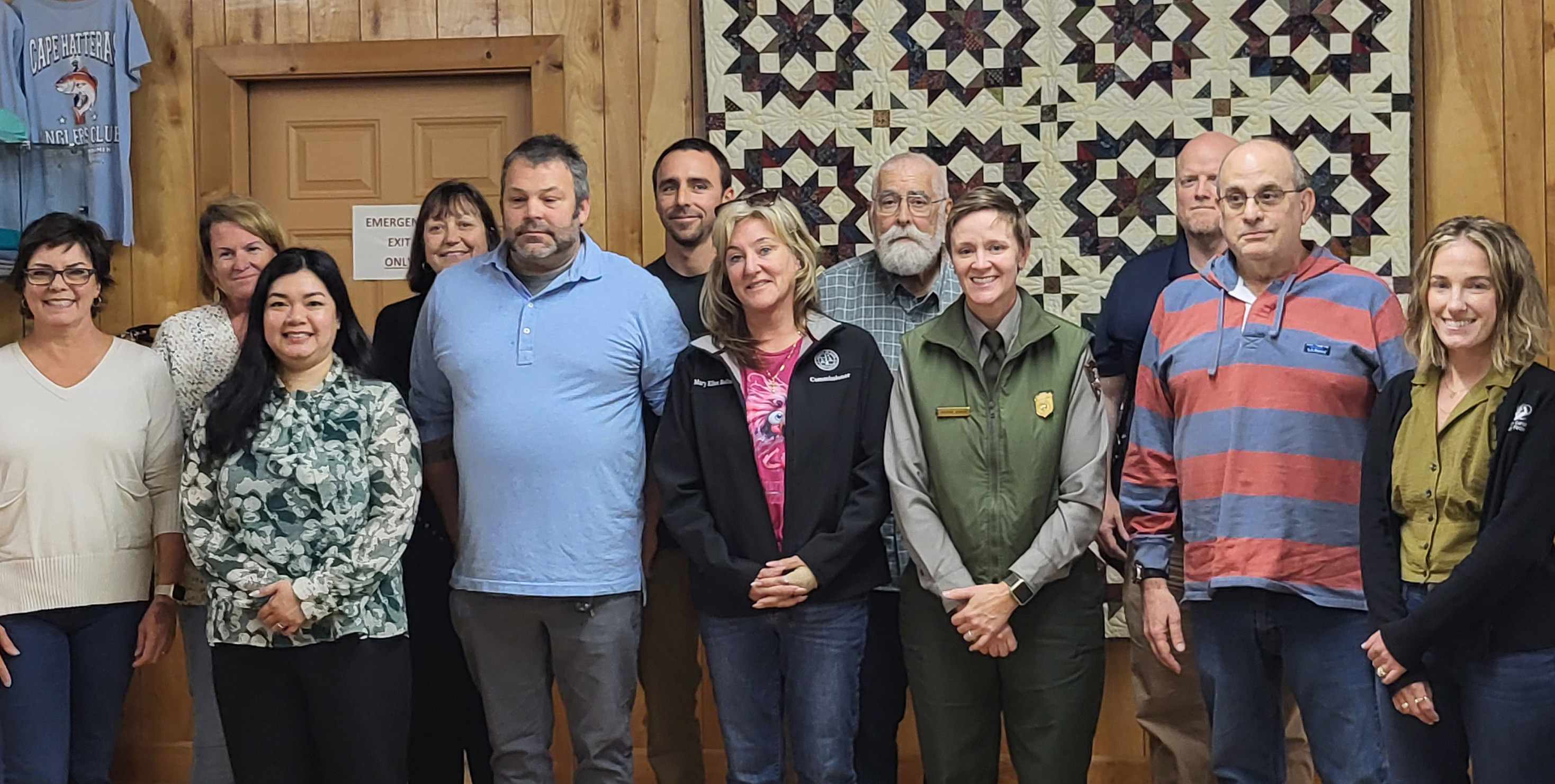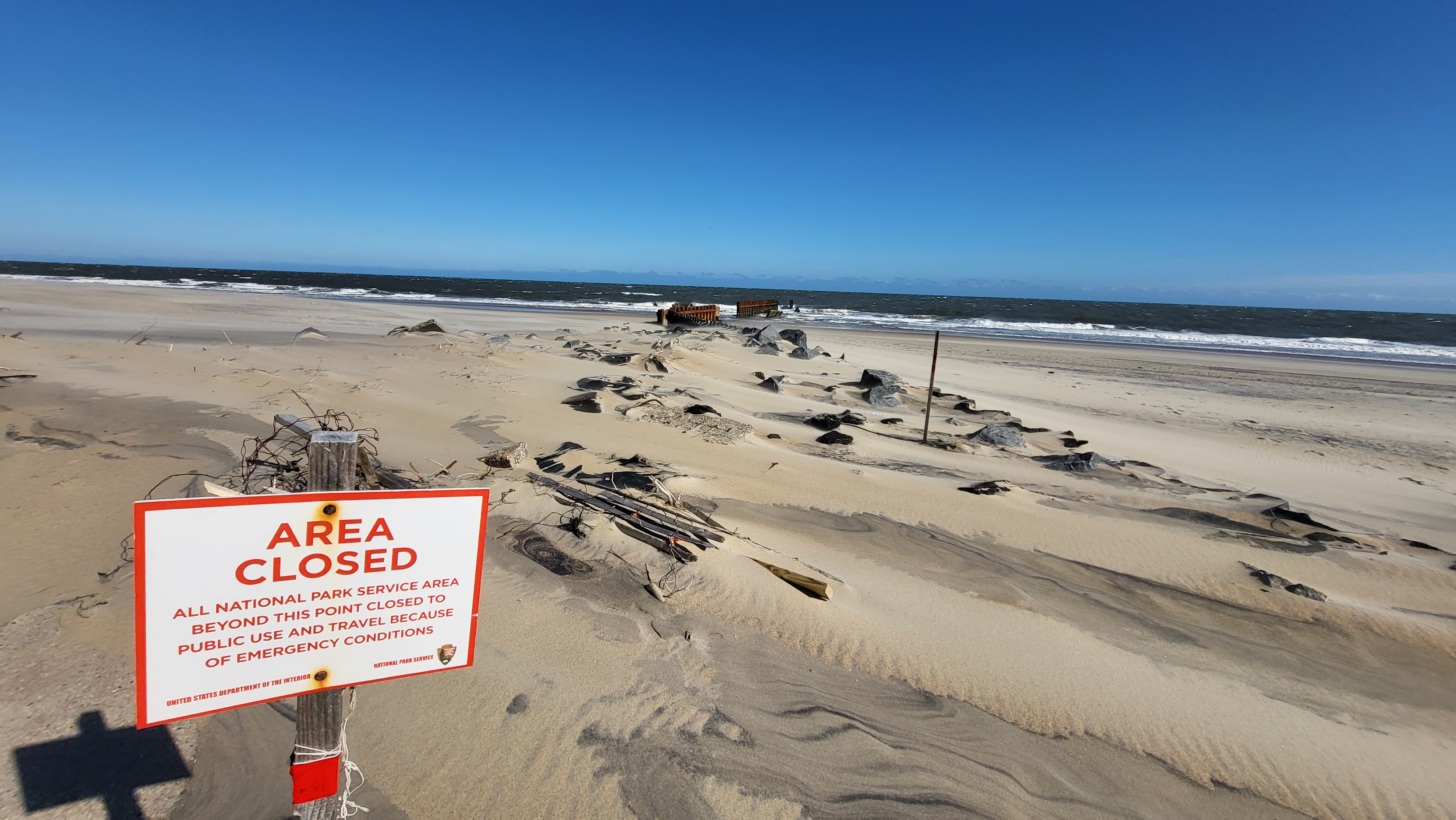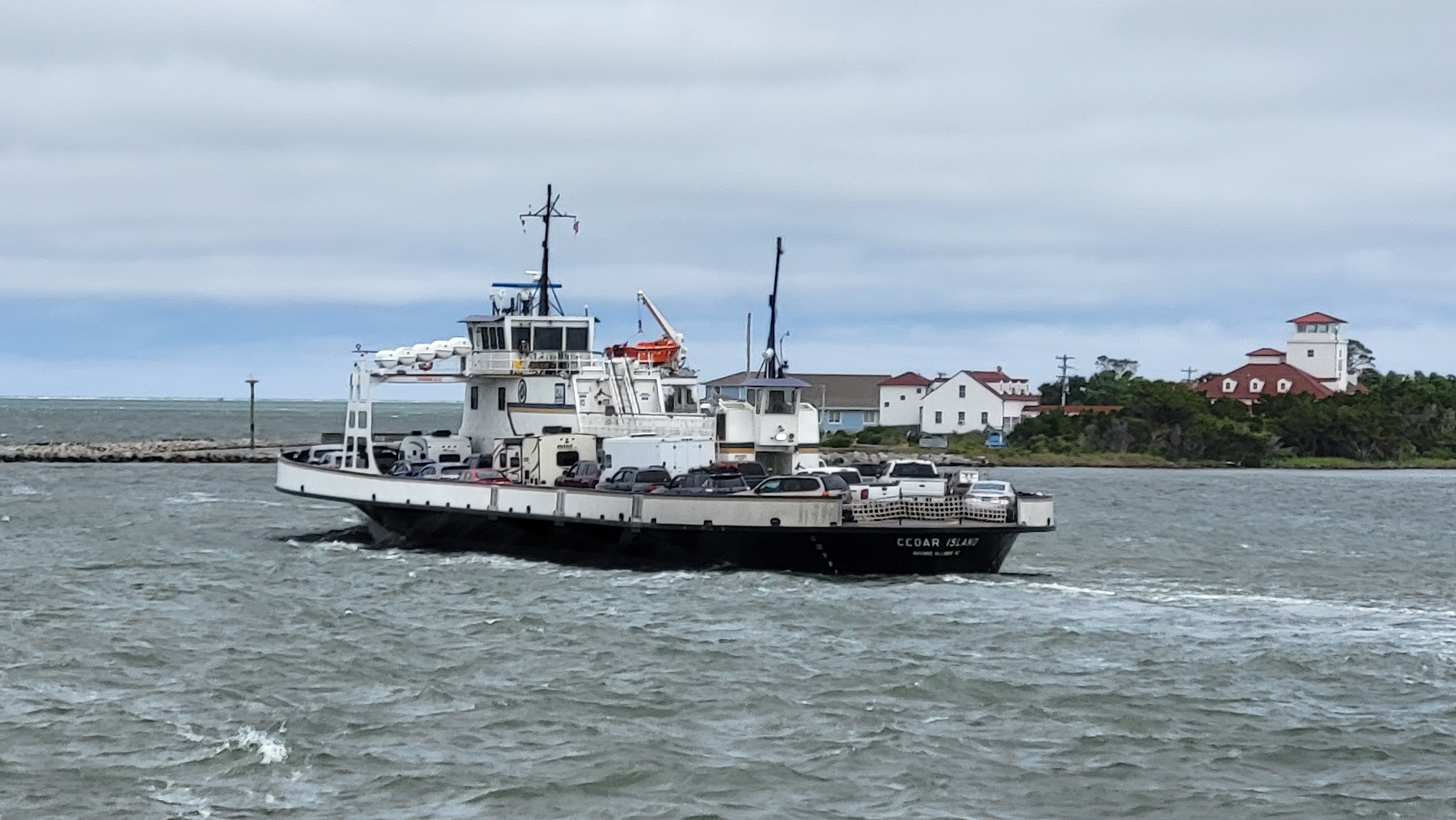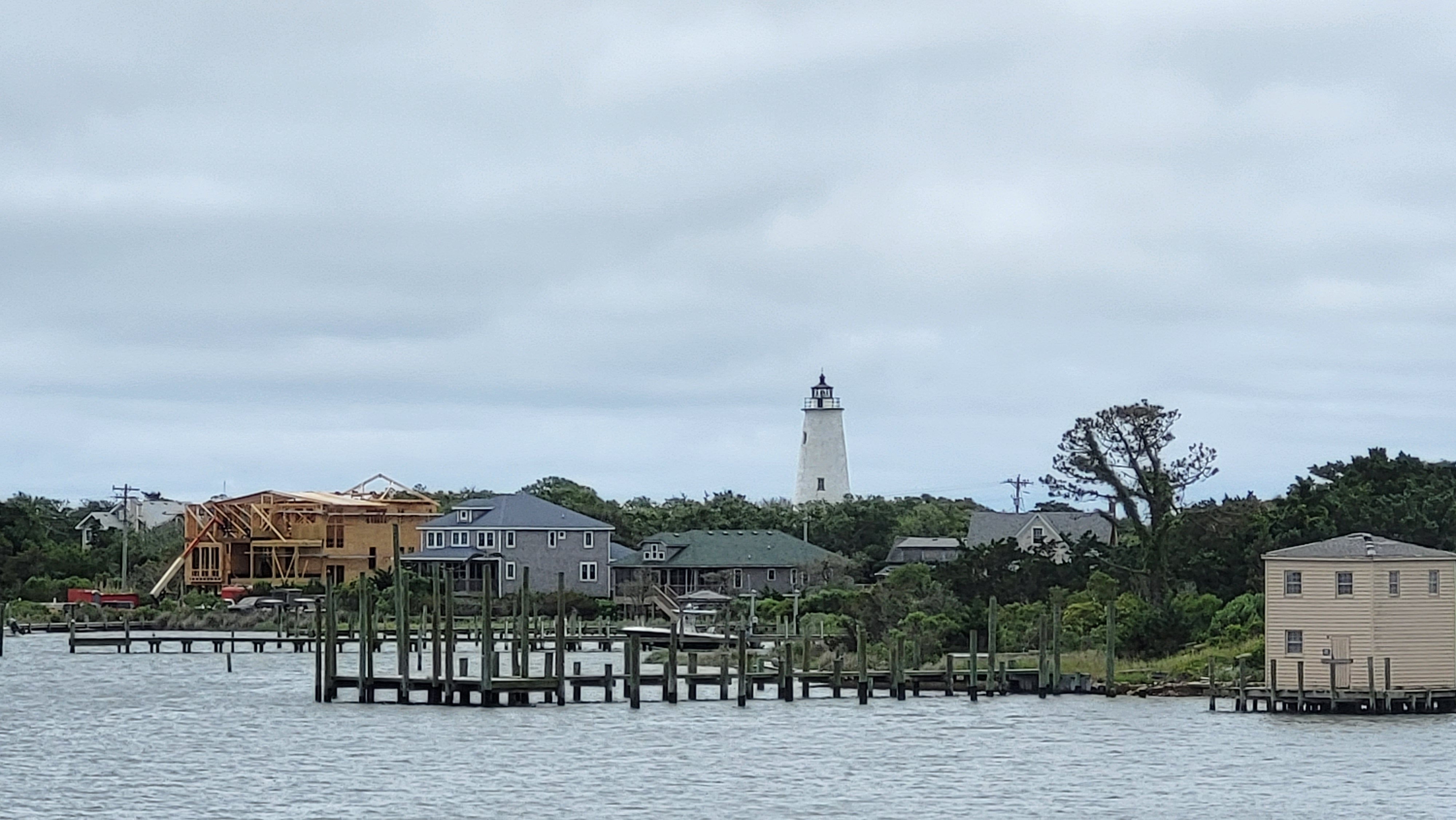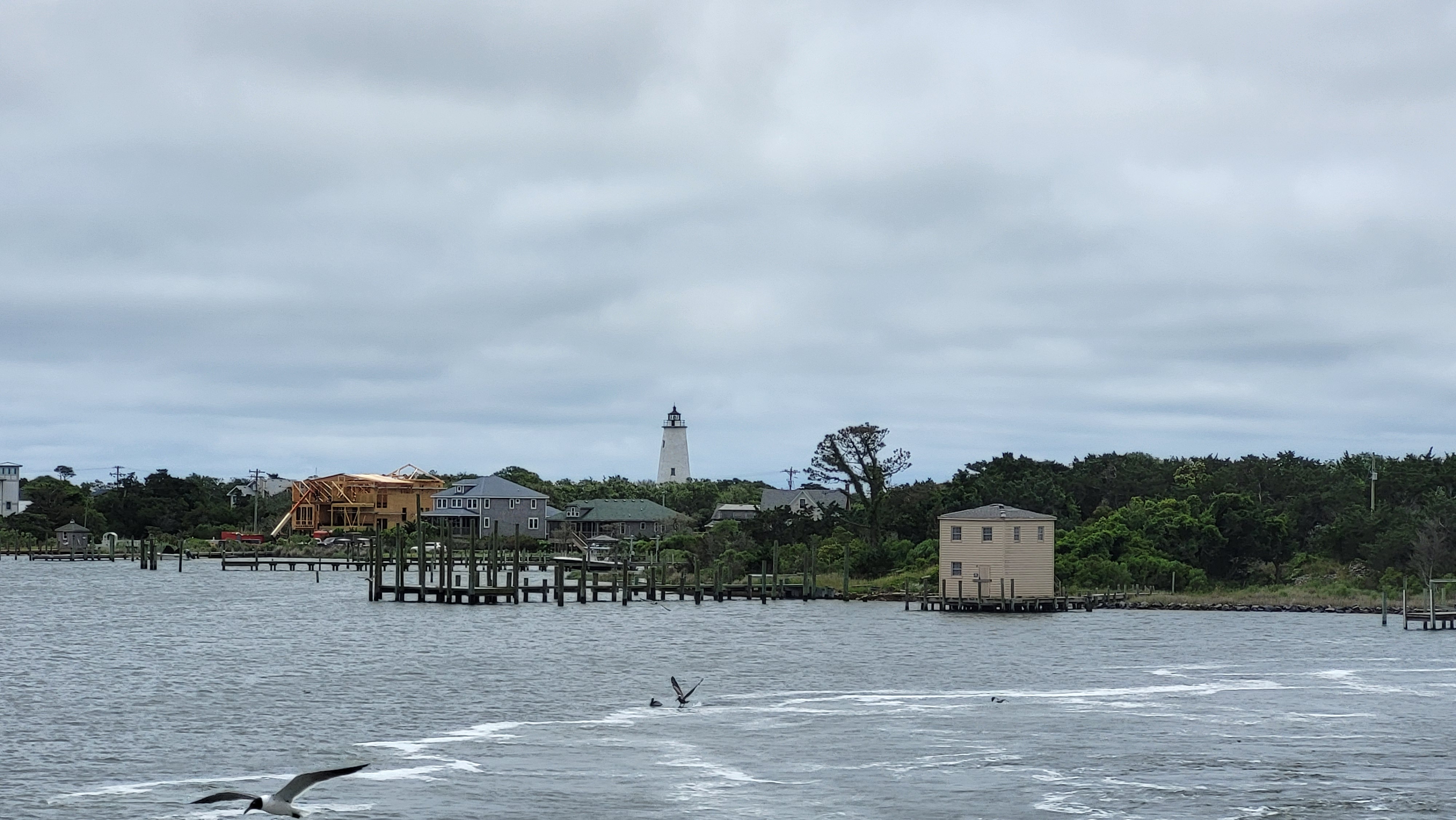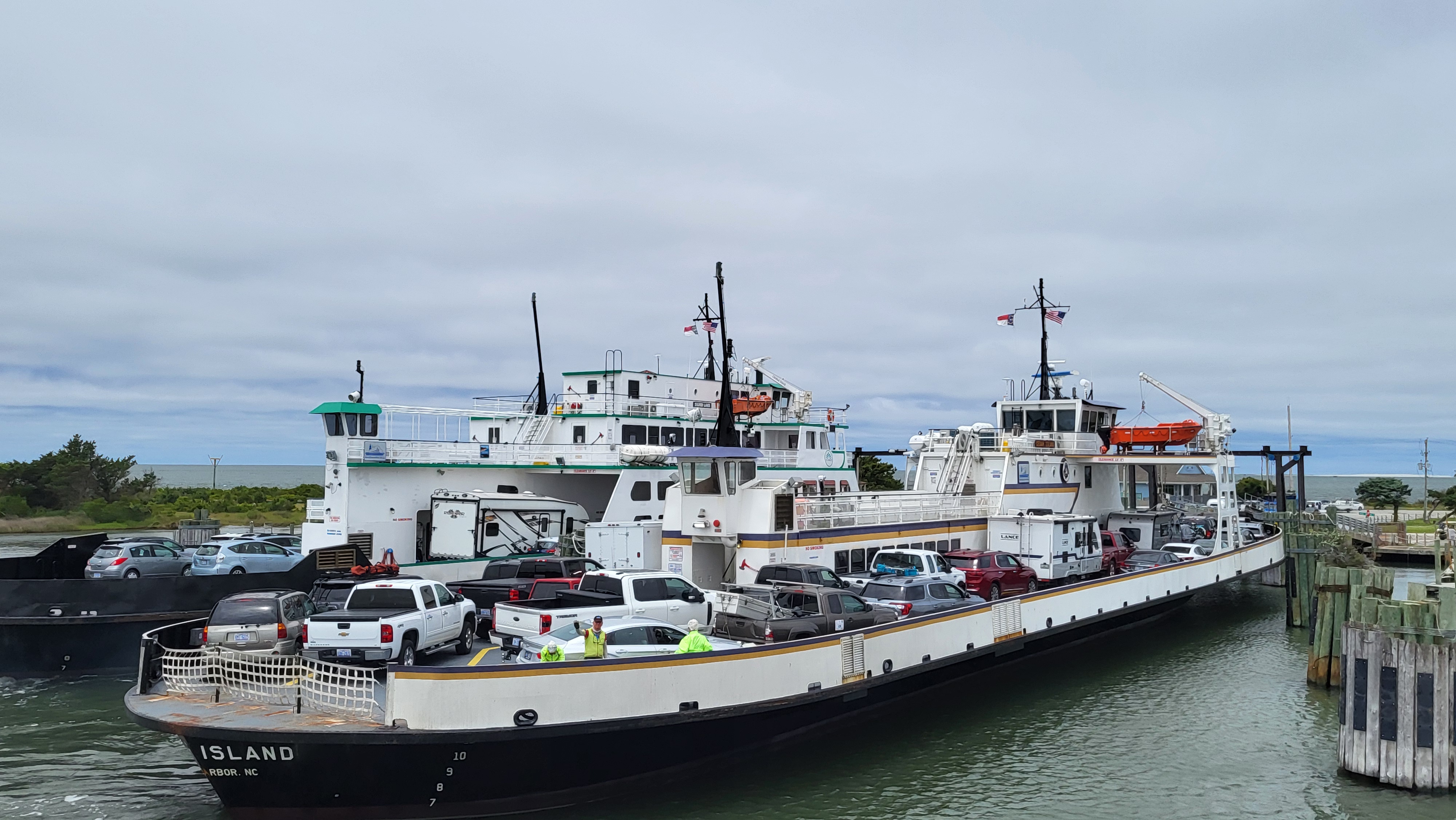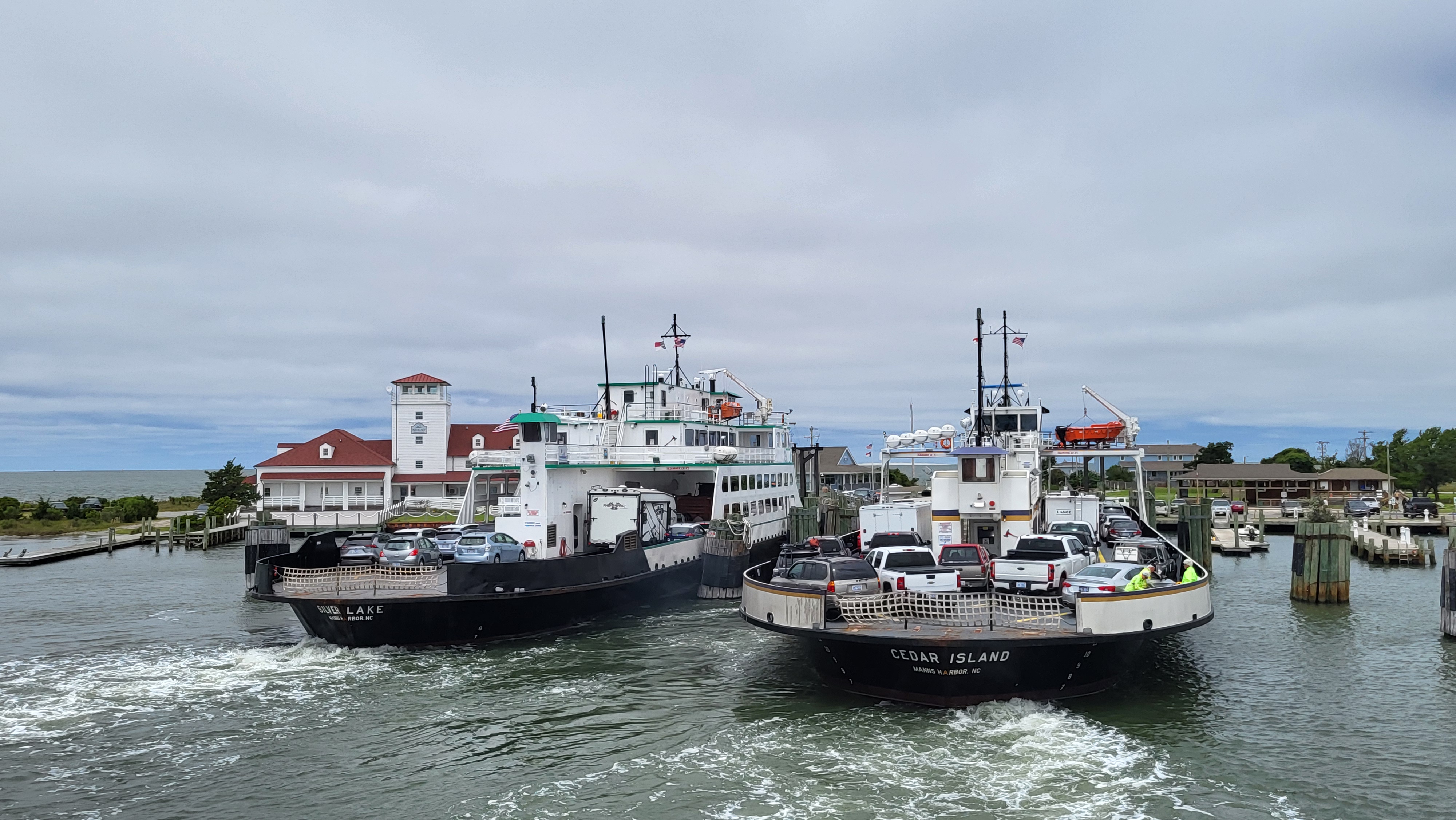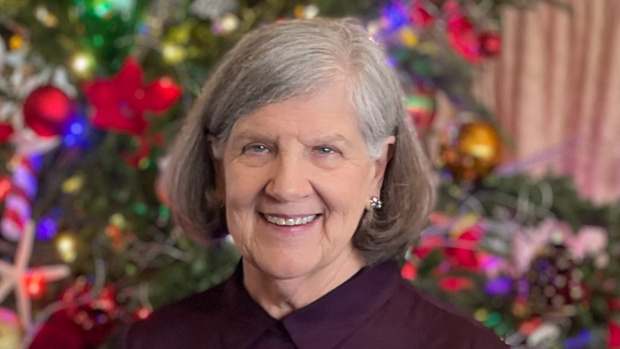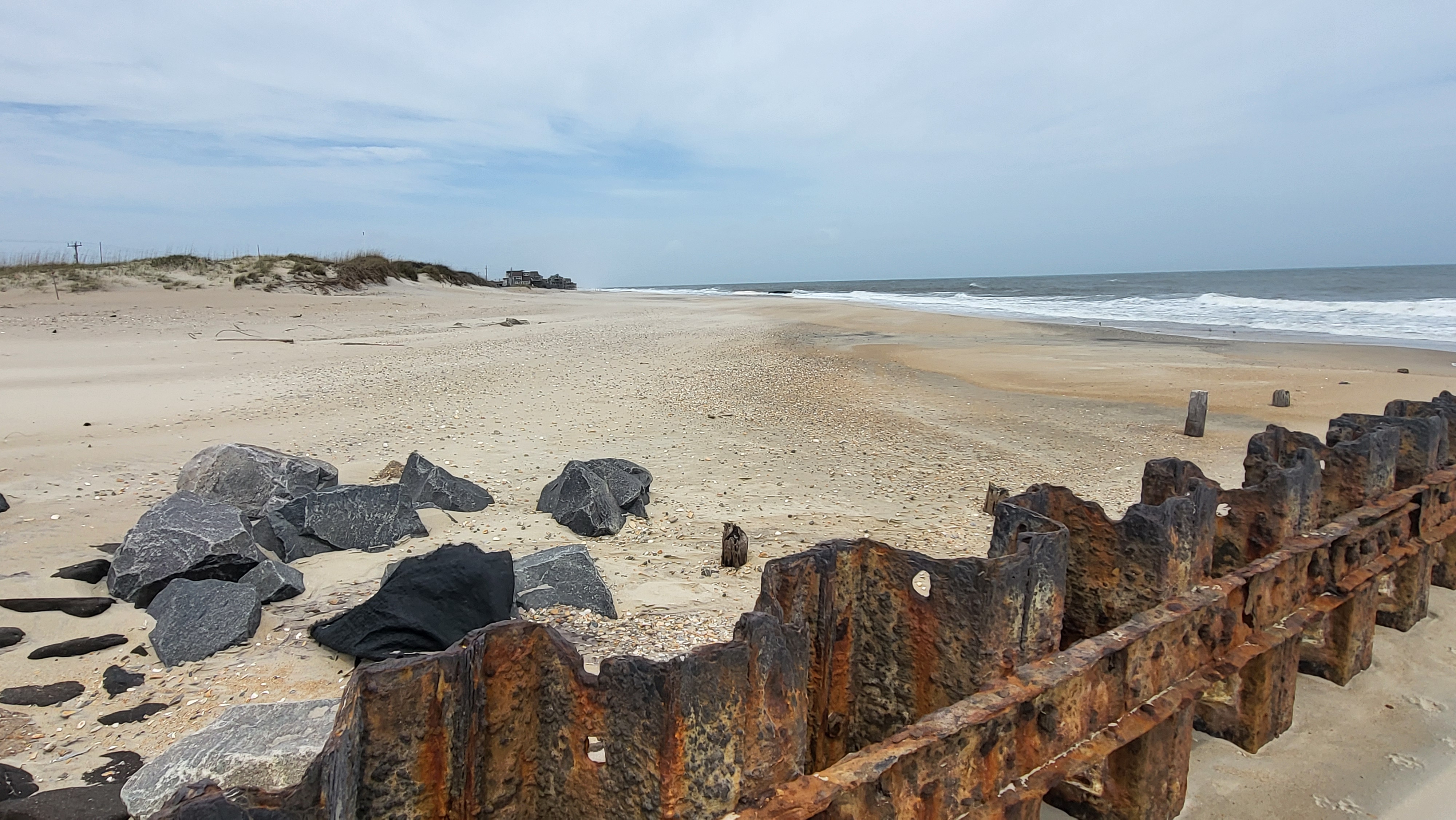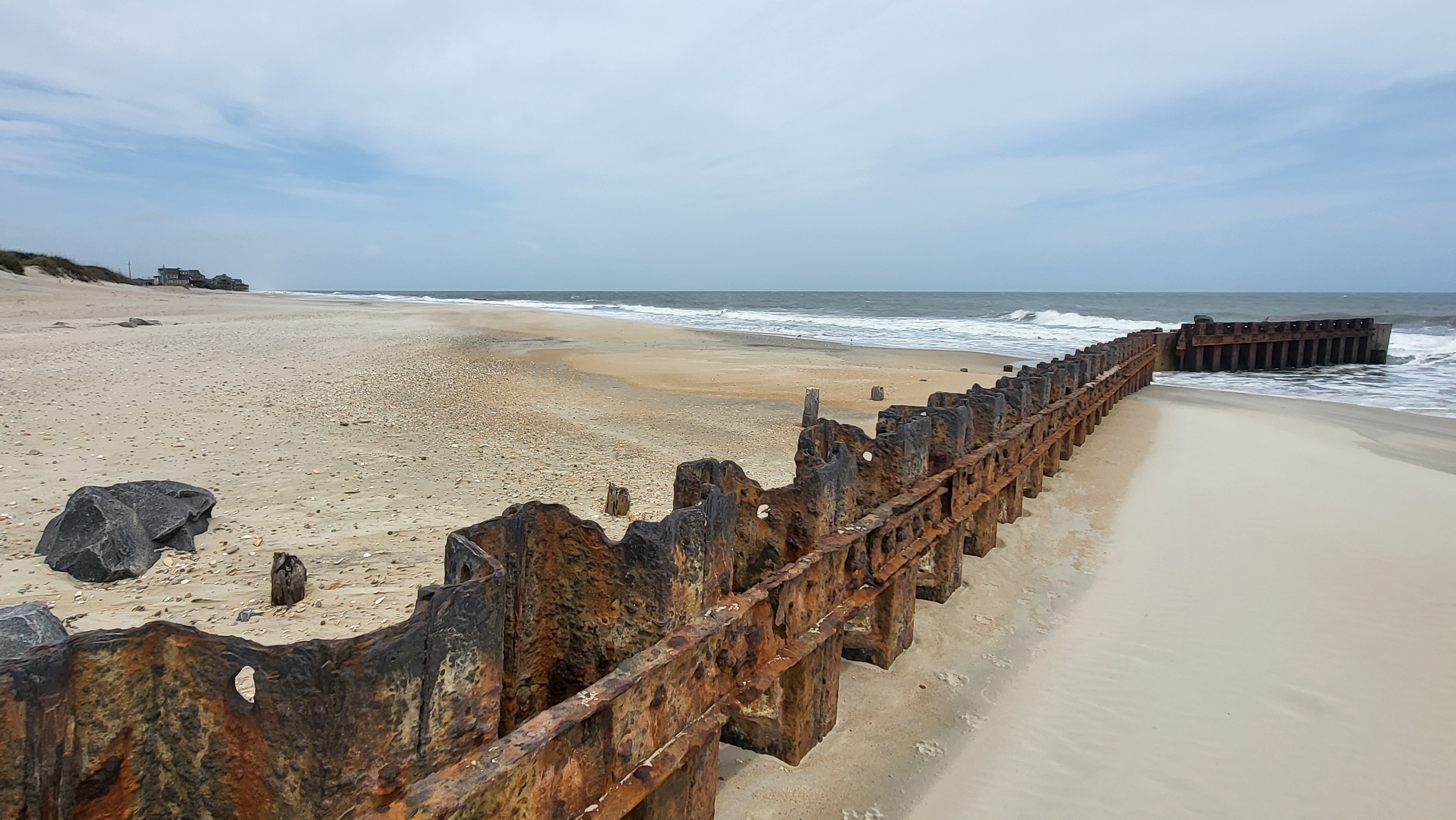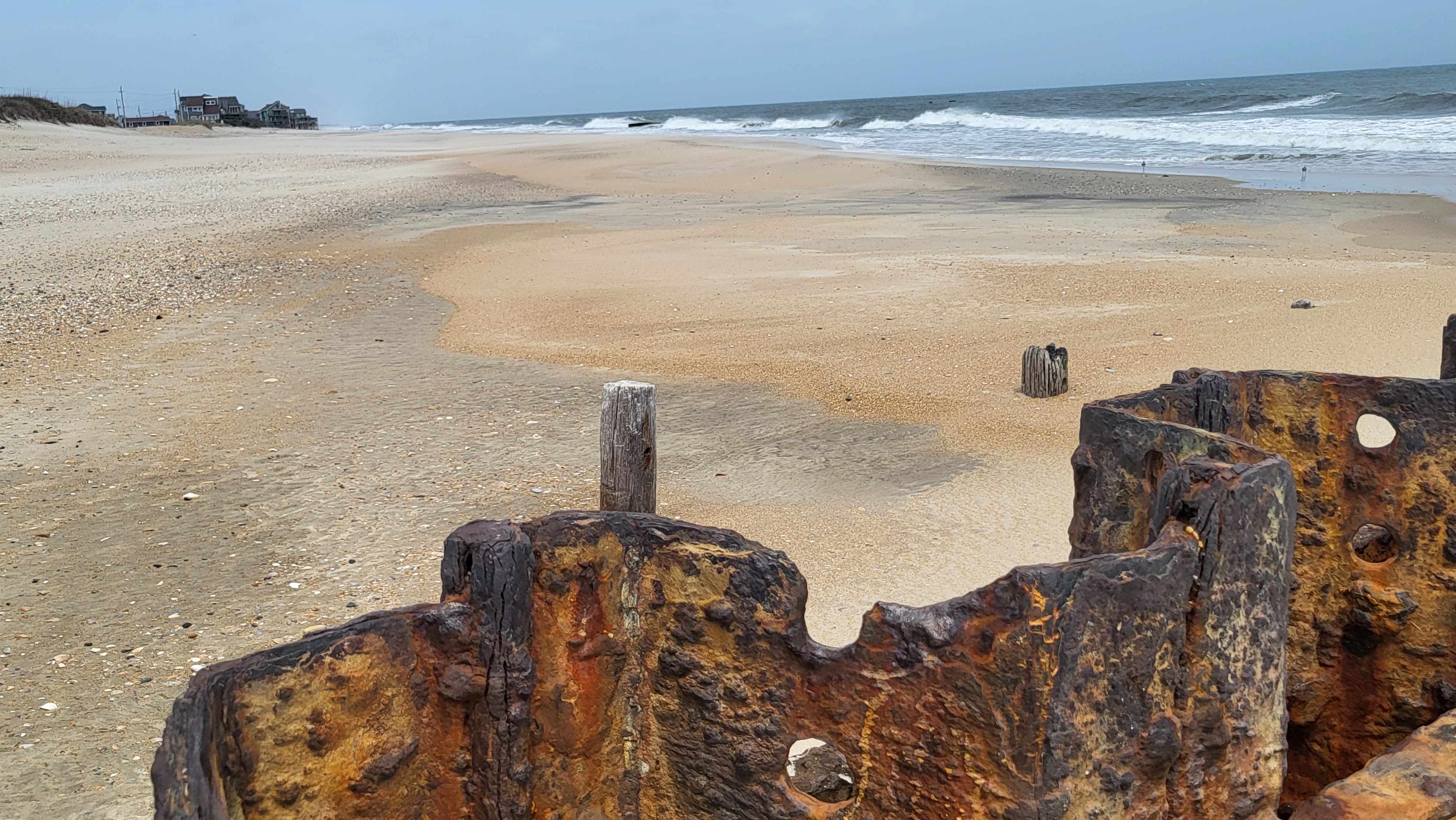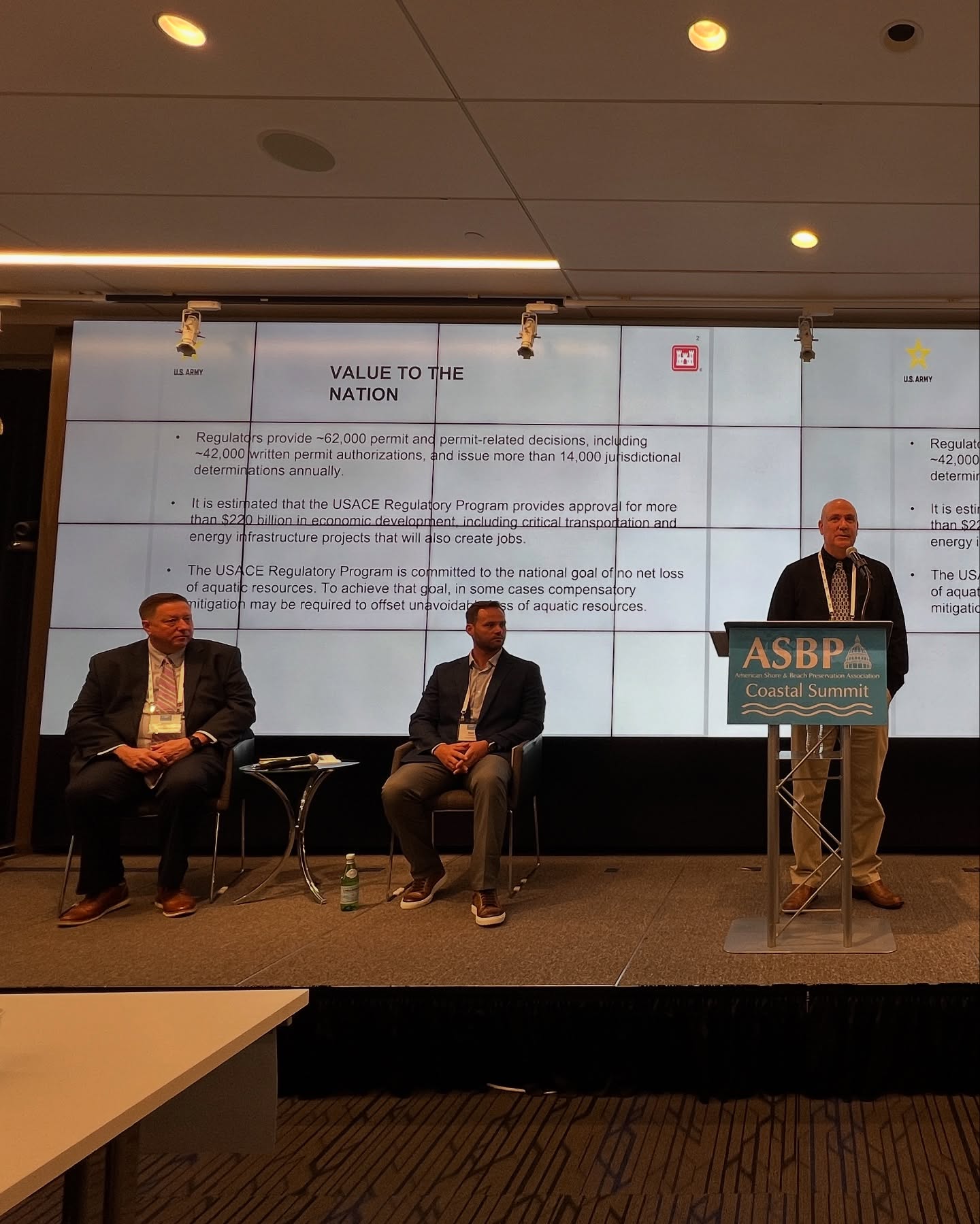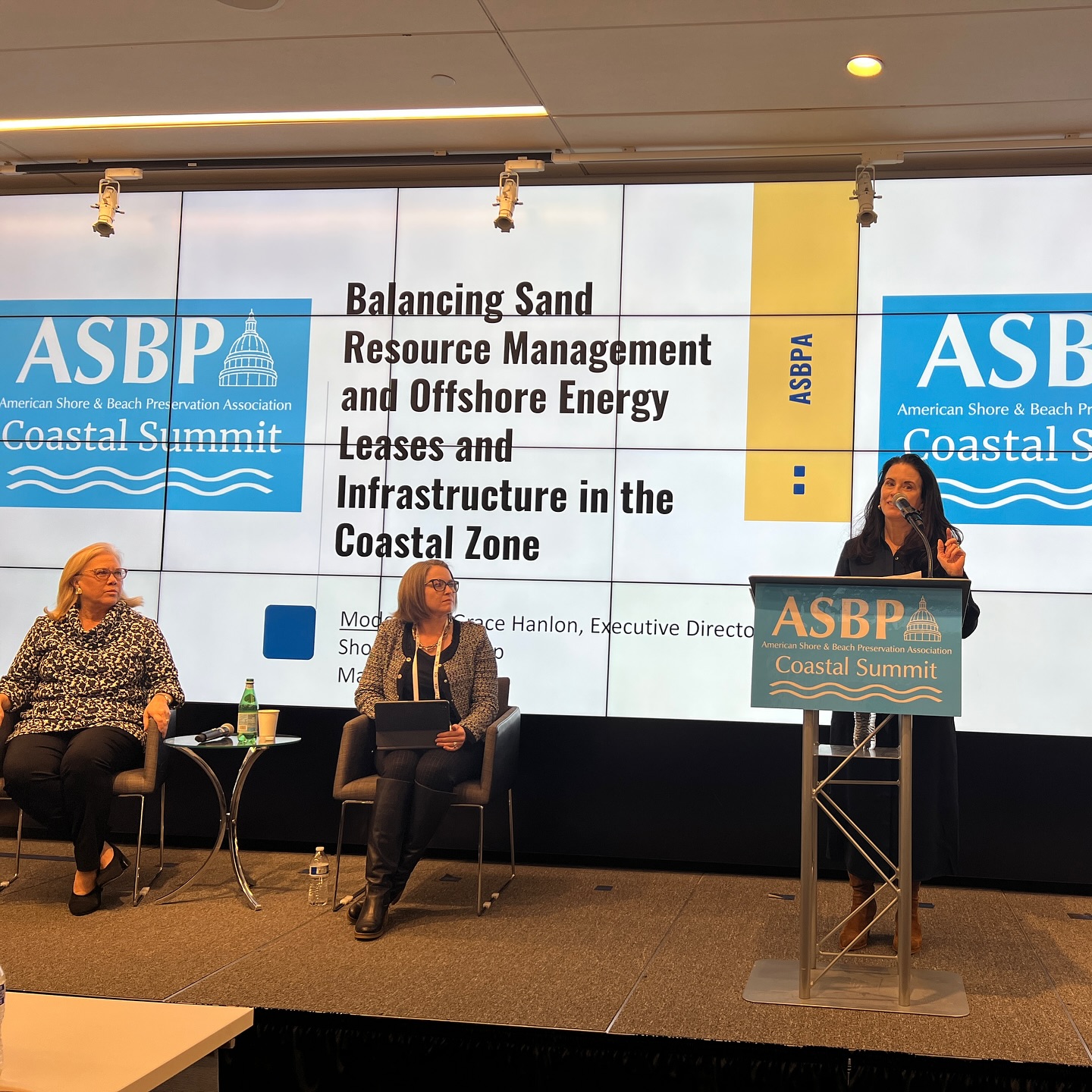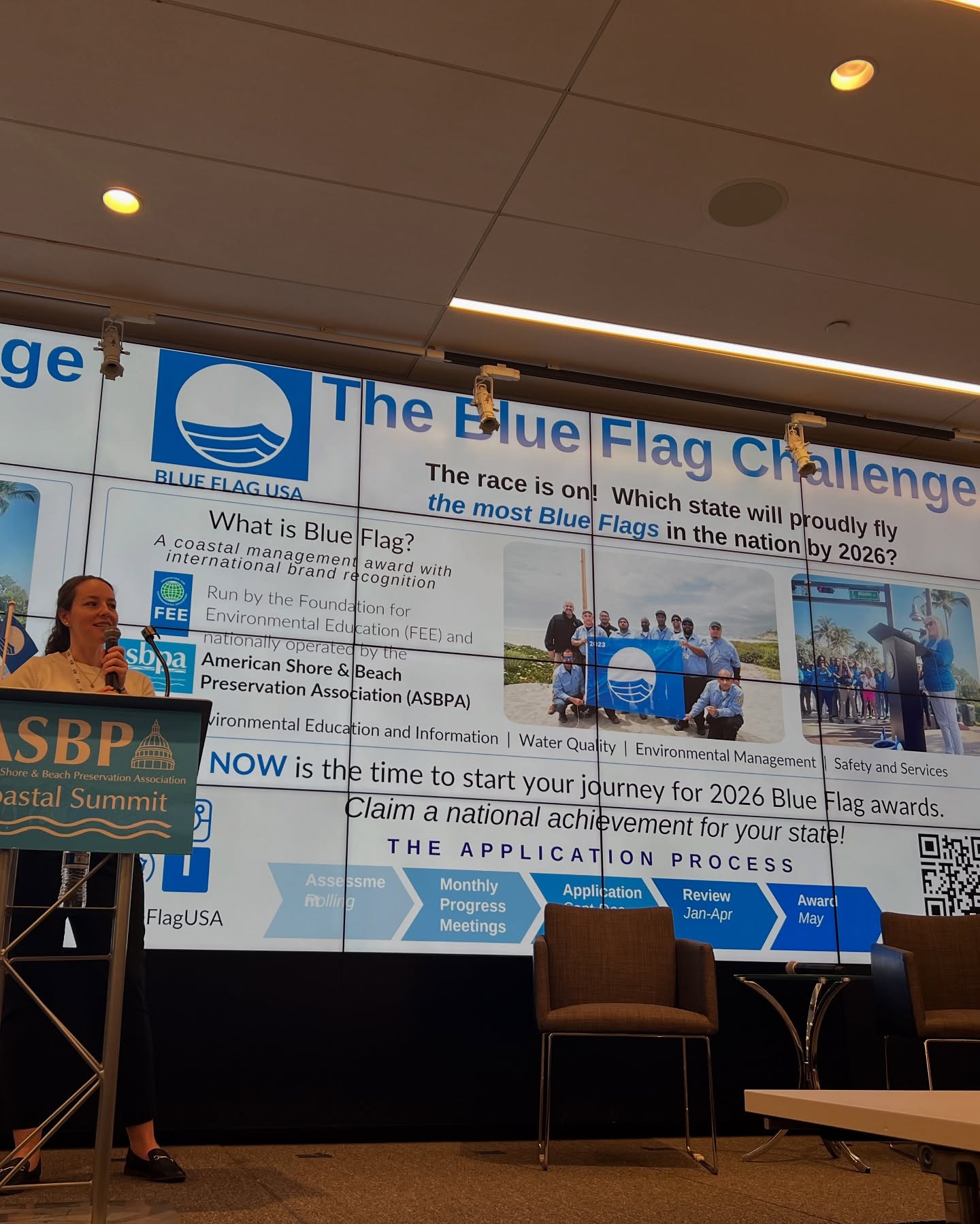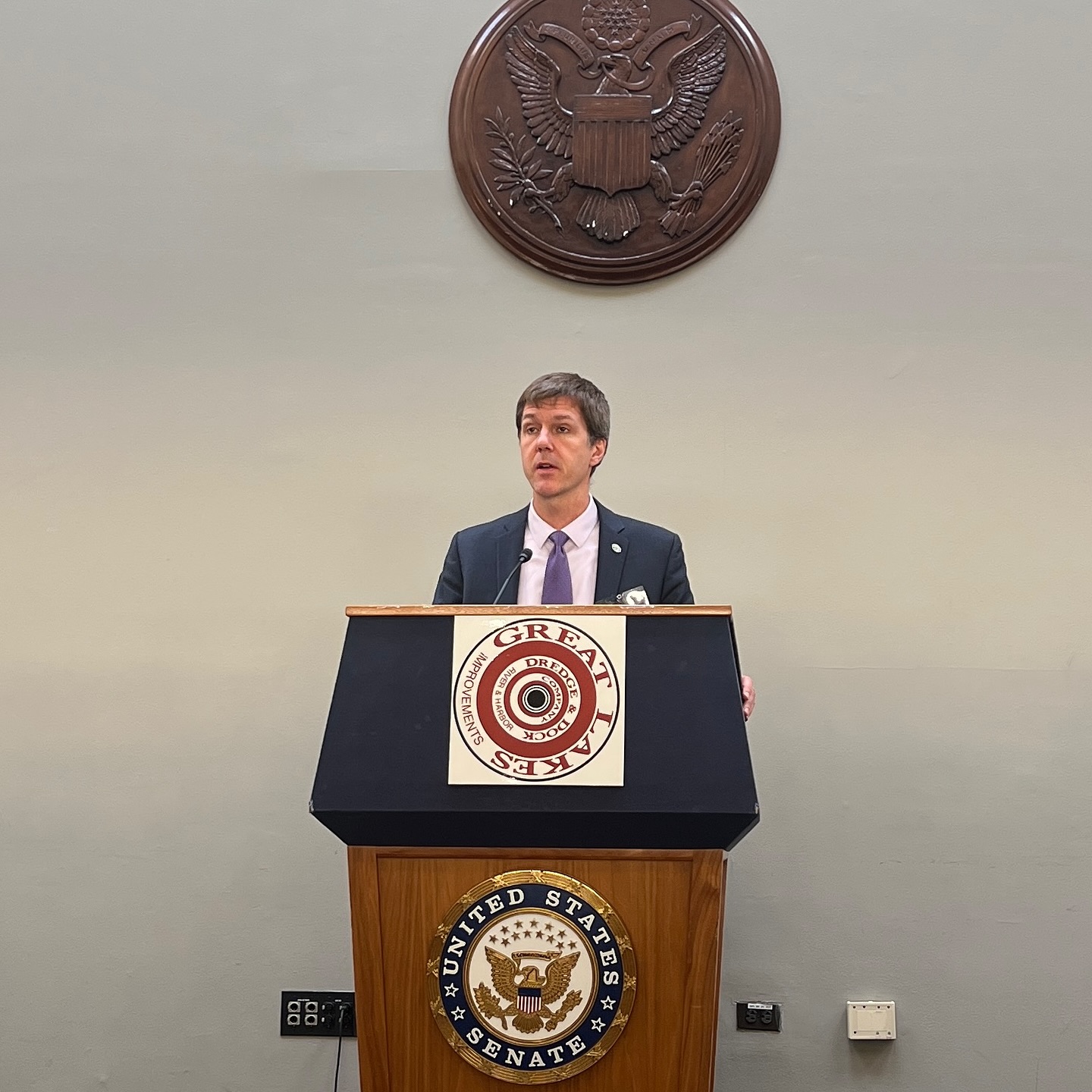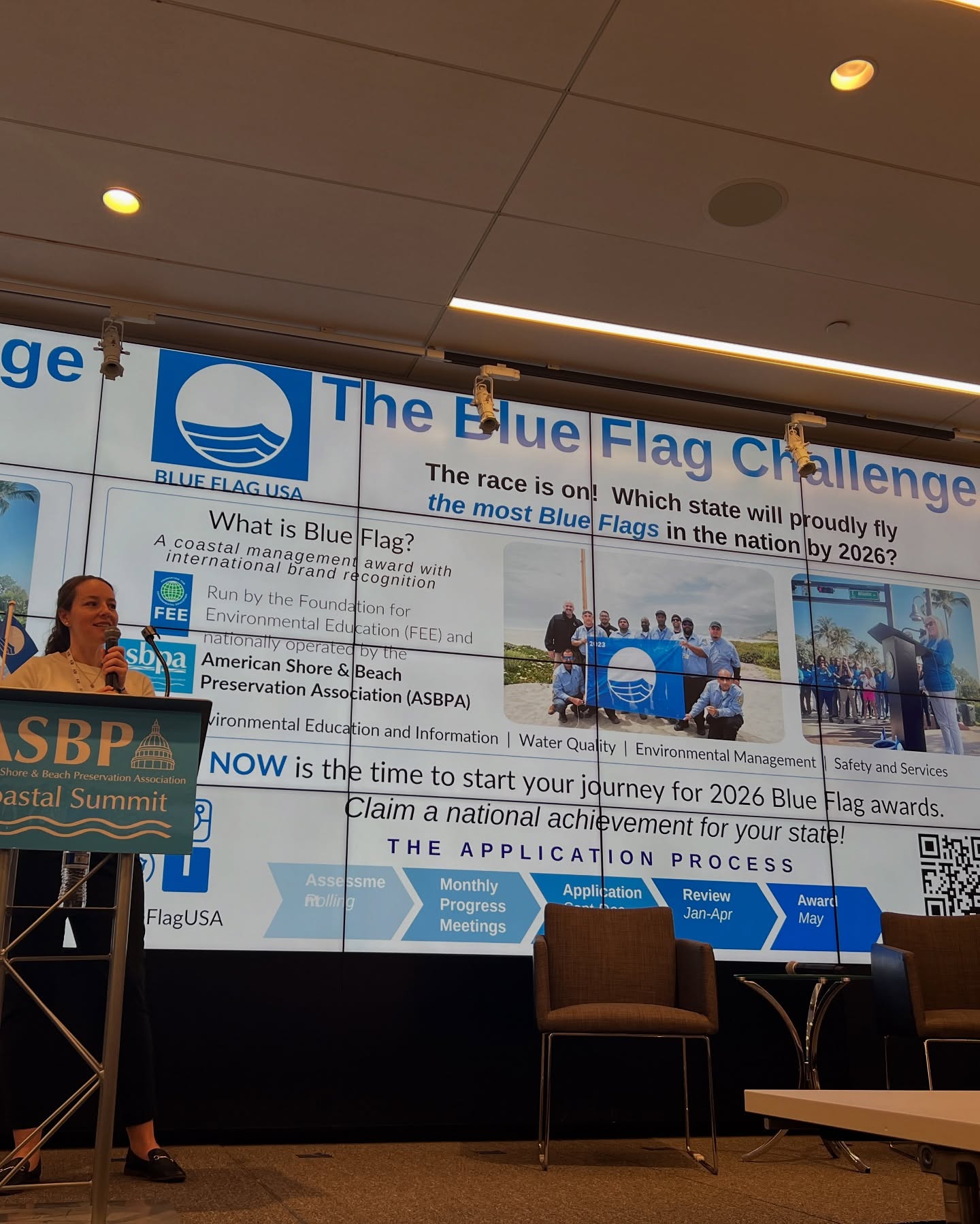Hatteras-Ocracoke ferry toll may happen sooner rather than later
Ocracoke’s day of reckoning may be at hand as early as Wednesday when the Regional Planning Organization may vote to toll the Hatteras Ferry.
That’s what Bill Rich, Hyde County manager, announced tonight at the Ocracoke Civic and Business Association meeting in the Community Center.
“The bottom line is there is going to be a toll for the Hatteras-Ocracoke ferry whether we want it or not because the Ferry Division has to find a way to pay for new and badly needed ferries,” he said, attending the meeting via phone hook-up.
Rich said he has been in many discussions with members of the RPO (District 1, which includes Ocracoke) who have suggested that Ocracoke get ahead of any General Assembly gambit to force a toll on the Hatteras-Ocracoke Ferry by offering a two-fold solution.
The first one is to toll tourist vehicles at $15 per car. Ocracoke residents would be exempt.
The second would be a $75 yearly commuter pass that would enable anyone to ride any of the Ocracoke ferries, including those for Swan Quarter and Cedar Island.
Currently, that fee is $15 each way.
Ocracoke residents, since they would be exempt from the toll, could elect not to purchase this as well. Then, if they want to use the Swan Quarter or Cedar Island ferries, they would pay the per-crossing charge.
The RPO is scheduled to vote on this issue on Wednesday, Oct. 21, Rich said.
The OCBA members did not vote last night on Rich’s proposal and said more island residents need to be in on the discussion.
So, the public is invited to discuss this development further at the regular monthly meeting with Ferry Division officials at 1 p.m. Monday, Oct. 19, in the Community Center.
“The state has forced this on us,” Rich continued. “When you’re 90 percent tourism, you’re going to get tolled.”
If the state can garner $2 million from Hatteras Ferry tolls, it gets them to the revenue they need to get to, Rich said.
“It’s the future based on the (state) budget,” he said, adding that some in the General Assembly question the wisdom of spending $42 million a year on ferries for the 900 (or so) residents of Ocracoke.
He said that all of the other counties in the RPO are behind us and will do whatever Hyde wants.
The danger in the RPO not voting on this—or voting for no tolls—is that the state legislature could then introduce its own bill to toll the Hatteras-Ocracoke Ferry.
At the Monday night Hyde County Commissioners’ meeting, Rich had noted that Ed Goodwin, Ferry Division director, has been getting pressure to toll the Hatteras Ferry.
Rudy Austin, OCBA president, questioned the math.
“It’s ridiculous if it’s $15 per car per round trip for the car ferry and $15 per person on the passenger ferry,” he said. “Toll the tourists and see what it does to the $320,000 (in occupancy tax revenue). Any money lost on Ocracoke is lost for the county and state as well.”
Teresa O’Neal, owner of the Island Ragpicker, said she thought this toll would hurt Ocracoke’s already-suffering economy, and suggested, if necessary, a lower per-car price of $5.
Day visitors to the island have declined since the short ferry route across the inlet was discontinued in 2013 and a longer route further into the sound was made the official route.
Some other questions to consider about this issue that weren’t addressed last night are:
Would vendors have to pay the toll or be exempt?
What if the RPO decides not to vote on this issue and the state legislature introduces a bill to toll the Hatteras Ferry? If Ocracoke continued to fight it with the grassroots efforts that have been successful fighting off ferry tolls since 2011, would it still succeed?
Since Gov. Pat McCrory’s election, the state has revamped how it doles out transportation money.
The decision to enact tolls to raise more revenue is now in the hands of local folks who are part of the RPO, which includes 11 counties in eastern North Carolina. A complicated funding procedure McCrory devised and called the Strategic Transportation Investments divides the state into 10 regions all of whom were given $32 million with which to fund bridges, trains, airports, roads, bike and pedestrian projects, and ferry replacement. Prior to this initiative, ferry replacements were done by an appropriation from the legislature.
Since a new car ferry costs $12 to $15 million—which would be half of the RPO allotment—that would take away from other much-needed projects.
An effort in the last couple of years by state Rep. Paul Tine and others to get ferry-replacement funding out of the RPO pot and into the general transportation budget has not succeeded.
(To read more news and features about Ocracoke Island, go to www.ocracokeobserver.com.)




